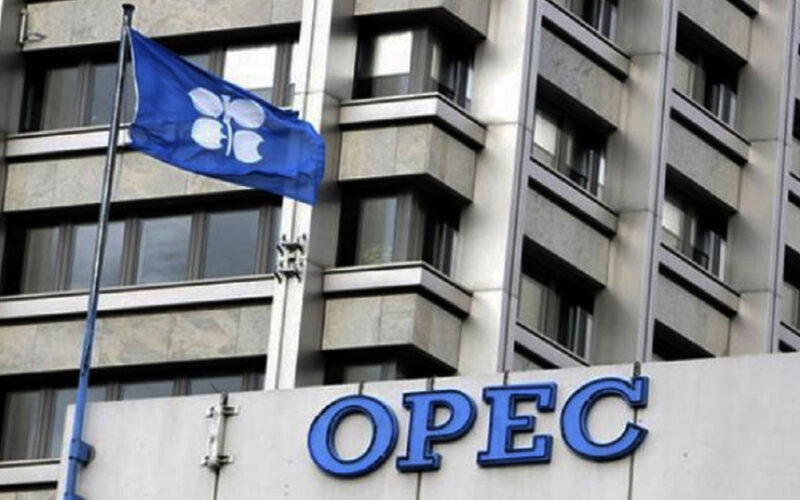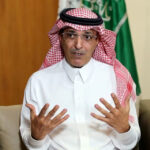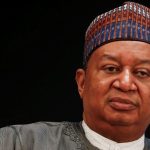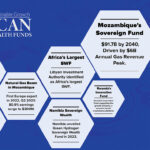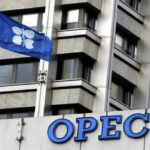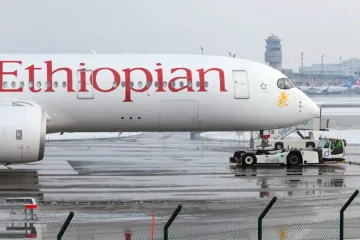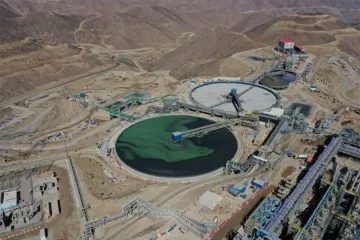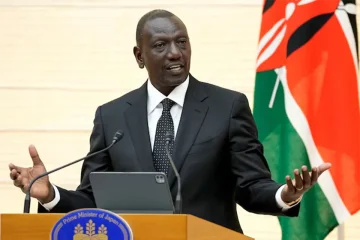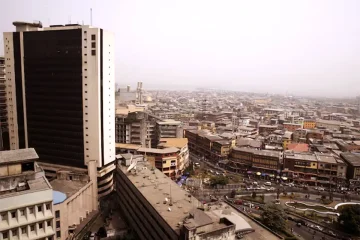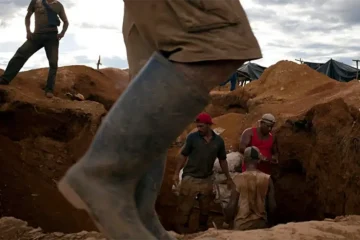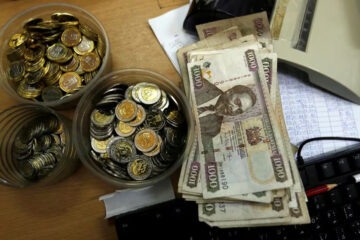THE OPEC Fund is ramping up a series of strategic investments in Africa, pushing to position itself not just as a benefactor but as an ally to the continent’s burgeoning growth story.
In the past two years, the fund, with its deep pockets and understanding of energy dynamics, has flexed its financial muscle on the continent in various sectors.
The oil cartel’s development fund is not just opening its coffers to energy projects to bolster access in Africa but is embedding itself in diverse sectors, including food security, humanitarian aid, infrastructure, and education.
Last December, the OPEC Fund infused US$280 million into the continent, directing funds to various nations, including US$75 million in Côte d’Ivoire and US$14 million in Benin.
As China, Turkey, and several Western powers continue their financial and infrastructural overtures towards Africa, experts see OPEC’s charm offensive as a calculated move to ensure it’s not left on the sidelines.
“This is geopolitics at play, and Africa, with its vast resources and potential, is the stage,” Economist Samuel Nyandemo told bird.
In 2019, the OPEC Fund approved US$944.6 million to 19 countries, the lion’s share supporting energy (US$287.7m) and agriculture (US$189.9m).
Other areas include transportation (US$146m) and the financial sector (US$100m), bringing the total of approved funding to Africa since the OPEC Fund’s inception to more than US$13 billion.
The Fund is now seen as trying to leverage its experience with Africa, as well as to adapt to the evolving environment and expectations of the development finance sector.
In mid-September, the Fund stepped in with a US$10 million injection in Egypt, which formed part of a larger US$200 million syndicated trade finance facility in partnership with the International Islamic Trade Finance Corporation (ITFC).
This move, aimed at bolstering food security, came in response to rising global commodity prices exacerbated by the war in Ukraine.
“Egypt’s strategic approach to food security aligns with our shared goals and we are proud to partner with ITFC in this sizeable trade facility,” OPEC Fund Director-General Abdulhamid Alkhalifa said.
Just a day earlier, on September 15, the fund announced a US$500,000 grant towards humanitarian relief for Morocco, reeling from its most devastating earthquake in over a century. The magnitude 6.8 tremor not only shattered infrastructure but also claimed thousands of lives.
That same week, the oil cartel’s development fund disbursed over US$150 million in new financing to drive global sustainable development, with Benin receiving US$25.5 million to enhance educational facilities in Djougou and Ouidah.
Liberia, meanwhile gobbled up a US$20 million boost, coupled with a US$240,000 technical grant, to fortify its community- and women-driven fisheries sector.
Rwanda and Uganda got US$21.2 million and US$25 million towards water supply services and financing for MSMEs, respectively.
The Fund also announced a US$15 million loan to bolster Zimbabwe’s horticultural sector and support over 70,000 households.
In neighbouring Botswana, the Fund in June earmarked US$20 million to empower micro, small, and medium-sized enterprises.
This was the Fund’s first private sector loan in Botswana, with a significant chunk aimed at women-owned businesses.
In March the Fund demonstrated an interest in sustainable growth in Seychelles with a US$20 million loan. The intention was to reinforce policies that foster inclusivity while emphasizing climate-related reforms and consumer protections.
This is not the only time that the Vienna-based Fund has ramped up investments in Africa. Amid the COVID-19 crisis, the outfit took proactive measures by approving and allocating a $1 billion budget in April 2020.
The aid was strategically distributed among 20 diverse projects and countries, including Egypt, Morocco, and Benin.
Significantly, the institution has also extended its support on a pan-African scale by forging a partnership with Afreximbank, according to the Africa Report.

